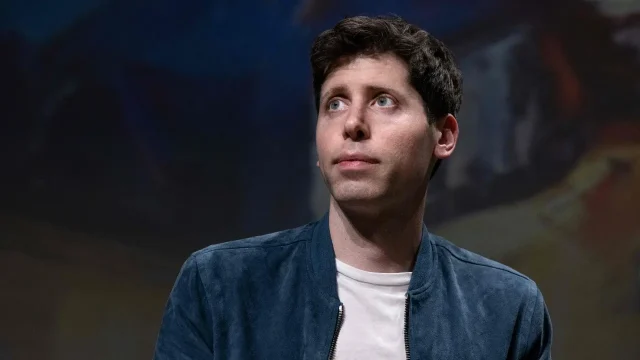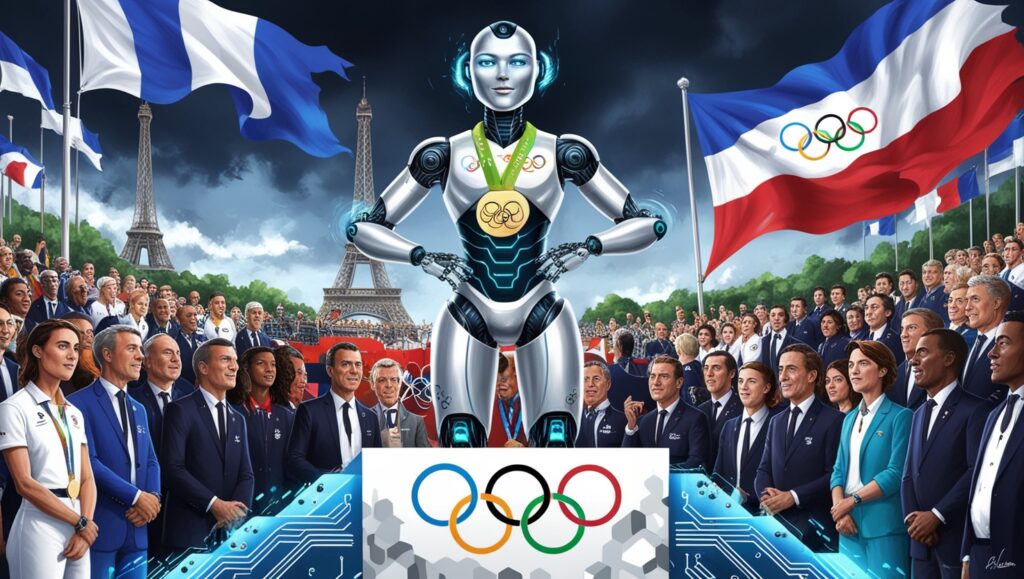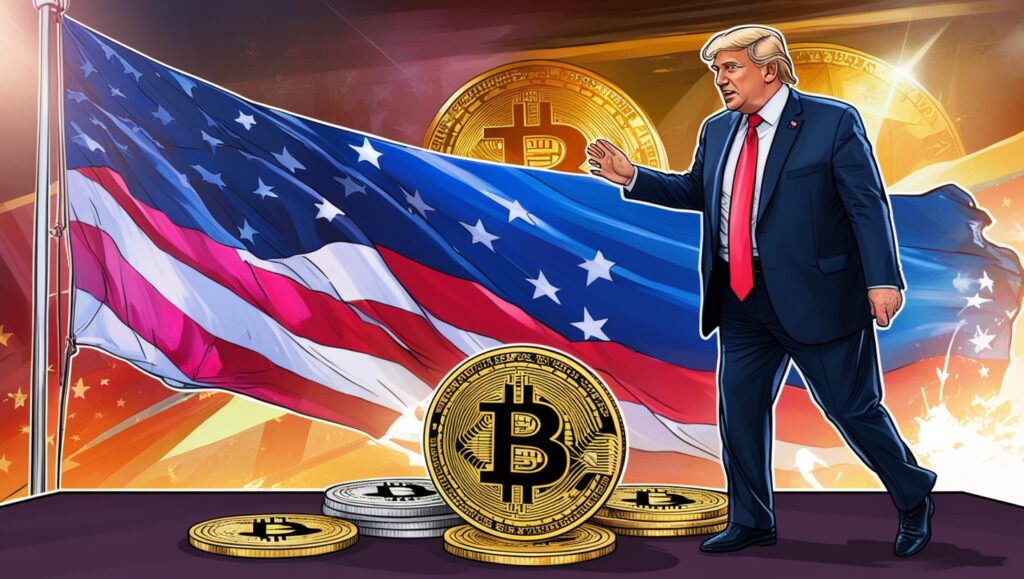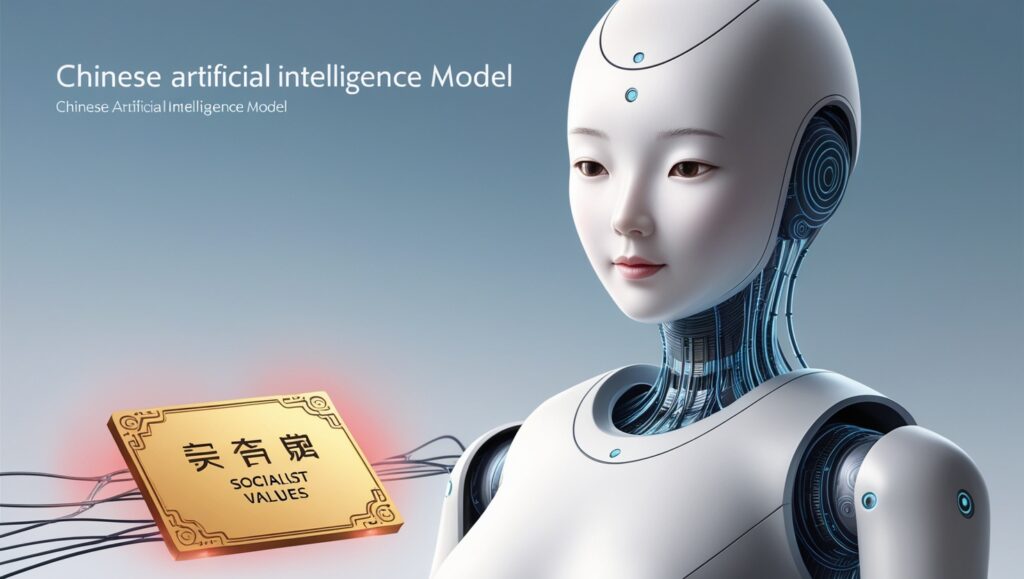Already, Sam Altman was attempting to steer the field toward artificial intelligence on par with human intelligence. His latest grand goal is to raise trillions of dollars to transform the world semiconductor market.
According to people familiar with the matter, the chief executive officer of OpenAI is in talks with investors, including the government of the United Arab Emirates, to raise money for an extremely ambitious tech initiative that would cost several trillion dollars and increase the world’s capacity to build chips and power AI, among other things. One of the people stated that the initiative might need to raise $5 trillion to $7 trillion.
The funding initiatives, which confront several challenges, are meant to address the growth-restraining factors for OpenAI, such as the shortage of the expensive AI chips needed to train the large language models that underpin AI systems like ChatGPT. Altman has long lamented the lack of graphics processing units, or GPUs, the kind of chips needed to fuel OpenAI’s pursuit of artificial general intelligence, which it defines as systems with a general intellect greater than that of humans.
An investment of this magnitude would overwhelm the scale of the semiconductor industry worldwide today. Chip sales are predicted to reach $1 trillion yearly by 2030 from $527 billion globally last year. Global sales of semiconductor manufacturing equipment, or the expensive apparatus required to run chip plants, were estimated by the industry association SEMI to be $100 billion last year.
By the standards of corporate fundraising, the sums Altman has suggested would likewise be absurdly large—bigger than sovereign wealth funds and larger than the national debt of certain major global economies. The Securities Industry and Financial Markets Association reports that a total of $1.44 trillion in corporate debt was issued in the United States last year. The two most valuable companies in the United States, Apple and Microsoft, have a combined market capitalization of around $6 trillion.
The financing conversations are the most recent manifestation of Altman’s audacious plans to transform the world. He has made significant investments in startups that seek to produce cheap energy from nuclear fusion and extend human lifespans by ten years, in addition to spearheading the generative AI revolution in late 2022 with OpenAI’s public release of ChatGPT, an early step in its effort to build human-level artificial intelligence.
Energy plays a role in Altman’s new fundraising strategies as well because AI facilities utilize a lot of electricity.
Gaining the assistance of a wide range of global financiers, business partners, and governments—including the United States, for which the semiconductor sector is a top priority—would be necessary to realize his goals for chips and other sectors required to support artificial intelligence. According to persons with knowledge of the situation, Altman met with Commerce Secretary Gina Raimondo to discuss the proposal.
An OpenAI representative stated that the organization has had fruitful talks regarding expanding global supply chains and infrastructure for chips, energy, and data centers—all of which are essential for artificial intelligence (AI) and other related businesses. Given the significance of national interests, we will keep the U.S. government updated and look forward to providing additional information in the future.
Some of the persons indicated that as part of the negotiations, Altman is proposing a collaboration between OpenAI, a number of investors, chip manufacturers, and power suppliers, all of which would contribute capital to construct chip foundries that would thereafter be managed by now operating chip manufacturers. OpenAI consents to be a major client of the newly constructed factories. One individual mentioned that debt may cover a large portion of the endeavor. The talks are just getting started, it’s unknown who all the possible investors are, it might take years, and it might not be successful in the end.
The growing demand for artificial intelligence has led to increased concerns about the availability of processors and the electricity required to power them. Nvidia chips, which dominate the AI computing market, have proven hard to come by. China and the United States are engaged in a geopolitical competition for technological superiority over AI chips, and the United States has imposed export restrictions on these chips.
Some persons acquainted with the situation state that Altman has met with a number of players in recent weeks as part of his campaign, most notably Sheikh Tahnoun bin Zayed al Nahyan of the United Arab Emirates. He leads a quickly expanding financial portfolio, serves as the chair of multiple vehicles of Abu Dhabi’s sovereign wealth, and is the senior security figure in that nation. He is also the brother of President Mohamed bin Zayed al Nahyan of the United Arab Emirates.
According to one of the persons, the United Arab Emirates government would play a significant role in the endeavor, provided that the United States government permits it to do so. In order to talk about the project, Altman has also met with Masayoshi Son, the CEO of SoftBank, and officials from chip manufacturing firms including Taiwan Semiconductor Manufacturing Co., or TSMC.
According to those who spoke with TSMC, Altman expressed his desire to construct dozens of chip fabrication facilities over the course of the next five years. His plan is to gather capital from investors in the Middle East and have TSMC construct and manage them. Altman is in talks with Middle East investors and SoftBank regarding a chip partnership. It has been stated that Altman has spoken with Sheikh Tahnoun and TSMC.
Until now, OpenAI has developed its AI technology on Microsoft’s computer resources. Microsoft recently had a valuation of more than $3 trillion, in part due to investor excitement about the company’s AI initiatives and partnership with OpenAI.
Microsoft encourages OpenAI’s attempts to gather money to increase chip capacity and is aware of them. Altman has discussed his plans with Chief Technology Officer Kevin Scott and Microsoft CEO Satya Nadella, according to a person familiar with the conversations.
Where additional chip manufacturing would be built is one of the many complex questions that Altman’s initiative must answer. In the next weeks, the Biden administration is anticipated to give TSMC and other major chip producers billions of dollars in subsidies, which he would rather have used to finance new facilities in the United States.
However, there are obstacles in the way of these businesses growing in the United States. TSMC, for instance, has mentioned high costs, a lack of skilled labor, and delays at its $40 billion Arizona project.
Because the supply of microchips is strategically vital and drives the digital economy, the U.S. government has been hesitant to let some foreign countries control it. In October, Sheikh Tahnoun, the chairman of G42, an Abu Dhabi-based digital business, announced a collaboration with OpenAI to provide state-of-the-art AI solutions to the United Arab Emirates and surrounding markets.
Concerns about Abu Dhabi gaining a significant market share in AI have been raised by some in the US administration. The head of the House Select Committee on the Chinese Communist Party, Rep. Mike Gallagher (R., Wis.), wrote Raimondo in January pleading with the Commerce Department to look into G42’s connections to China and take trade prohibitions against the business into consideration. G42 did not immediately reply to a request for comment regarding Gallagher’s letter, nor did they comment on the chips proposal.








